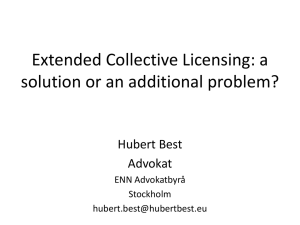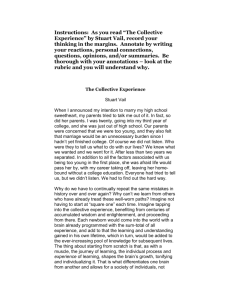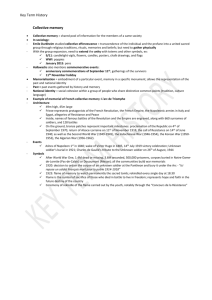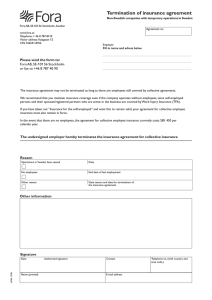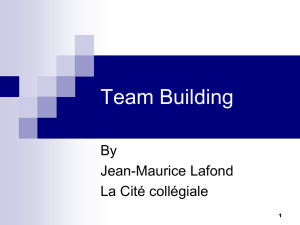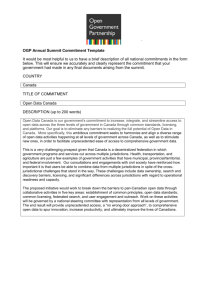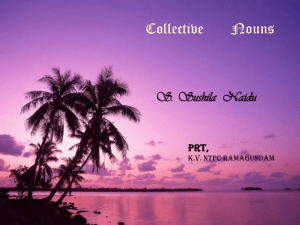Document
advertisement
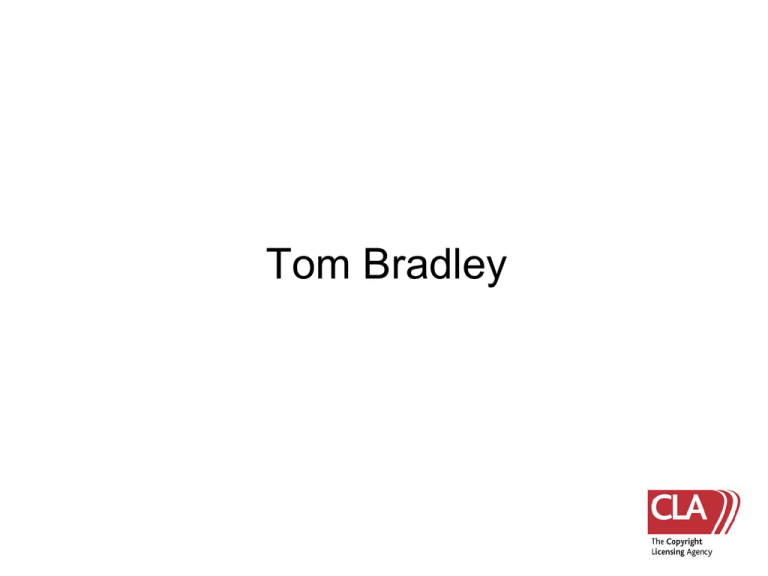
Tom Bradley The Music Industry: Lessons to be learned by Impact of Digital • In the physical world, record companies = book publishers (create, manufacture and distribute product). Only licensed secondary rights eg K.Tel • In the physical world, retailers mainly specialists record and book shops (in the same business) • Danger of increased reliance on supermarkets in the physical world eg Tesco in the UK • Piracy absorbed into the business model eg home taping, counterfeiting Lost control and influence over Distribution • Digital distributors not in the music business (unlike vested interest of bookshops • iTunes model not good for the industry (Apple only interested in selling ipods etc) (pricing per track, album sales undermined) • Tesco now squeezing margins on physical product as record shops disappear (? Amazon?) Easy access to repertoire • Record companies slow to embrace digital (uncooperative, direct licensing, slow and difficult due to Fragmentation) • Napster lost opportunity? (BMG sued by peers) • Lower price for increased volumes online (fundamentally different model) • Possibility of parallel markets for physical CD’s and online tracks (not same consumers) • Failed to offer a real alternative to the general public (but inexperienced in B to C) • Unsatisfied demand for the unavailable – deletions (P2P danger) Enforcing Copyright • Major problem (music in public domain) – “free” on radio • Need to monitor the market in order to protect it • No one company is big enough/trade association suing individuals led to negative publicity • P2P file-sharing and illegal Torrent sites – industry in reactive mode therefore sheer scale of piracy overwhelming • Cultural expectation that on-line products will be cheaper Summary – 3 major concerns – Control over distribution – Easy access to repertoire – Enforcing copyright • Music industry failed to deal with these problems by not taking a collective/industry approach • Other industries – airlines (booking systems) - banks (hole in the wall) • Google is not the ultimate threat (can talk and negotiate); P2P Similar scenarios for this industry • Need a collective solution: – Industry database real/virtual – Industry portal to facilitate easy access and transactional licensing – Tracking technology to monitor the marketplace/identify infringements – licence – Work with ISP’s, not against them – look for ‘added value’ • To be effective, industry solution needs potential global reach • Need to work together on a co-operative basis across borders • Still possible to compete within a collective infrastructure • Primary and secondary rights blurred in digital world • Sheer volume of online activity makes it difficult to regulate secondary copying • Direct licensing (non-collective) and collective licensing needs to work together (as it has over the past 25/30 years in the physical world) • Digital world has more complicated structures and needs investment for sophisticated solutions • Rightsowners need the same protection – but also a menu of other collective services (avoid disenfranchised) “The answer to the machine is inside the machine” Charles Clark



